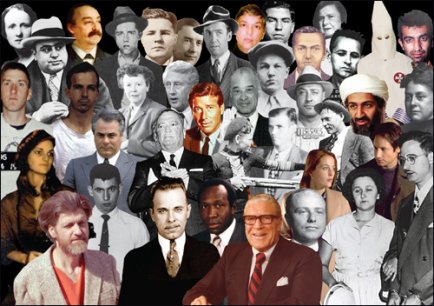
Forensic & Criminal Psychology
Criminal Behaviour:
Before talking about what forensic and criminal psychology is, we must define criminal behaviour first. Criminal behaviour suggests a large number and variety of acts. Andrew and Bonta (1998) suggest four broad definitions of criminal behaviour and the acts and behaviours that fit within these domains. These four areas are legal criminal behaviour or actions that are prohibited my the state and punishable under the law, moral criminal behaviour which refers to actions that violate the norms of religion and morality and are believed to be punishable by a supreme spiritual being, social criminal behaviour which refers to actions that violate the norms of custom and tradition and are punishable by a community and finally psychological criminal behaviour that refers to actions that may be rewarding to the actor but inflict pain or loss on others - it is criminal behaviour that is anti-social behaviour.
A good working definition can be seen as: "antisocial acts that place the actor at risk of becoming the focus of the attention of the criminal and juvenile professionals (Andrews and Bonta, 1998). It is difficult to define criminal behaviour as ideas of what is considered immoral, unconventional, illegal or antisocial is not stable over time or place. For example, not wearing seatbelt, homosexual activity or spanking a child are all items that have been considered both illegal or legal at one point in time.
Delinquency must be distinguished from criminality. Delinquency is defined as behaviour that is illegal, immoral or deviant with respect to societal values. Criminality on the other hand is defined as a breaking of existing laws, there is little or no confusion as to what constitutes illegal and legal behaviors.
When measuring criminal behaviour we are trying in a way to predict future criminal behaviours. We may measure criminal behaviour by arrests and charges, however not everyone charged is found guilty. We can also measure the amounts of convictions and incarcerations. We can also measure the amount of self-reported offences and some believe that this may be a more accurate way to measure criminal behaviour. This is debatable as there may be reasons that the individuals participating in the anonymous self-report surveys may distrust that their responses are anonymous. As well, individuals may over or underestimate their crimes for personal reasons. Therefore, when we study criminal behaviour we typically study what is known about persons who have been defined as criminals through the criminal justice system.
Source: www.psychologycampus.com
You might also like:
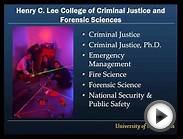
|
Charles Ray Hatcher: Revealed - True Stories, Private Details and Secret Investigations of Charlie's Killing Sprees (True Crimes Serial killers, Murderers,) eBooks () |

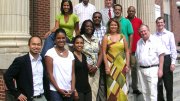
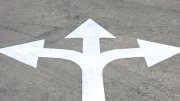
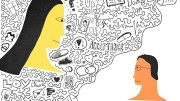


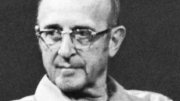

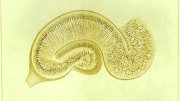
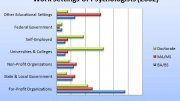





I would take sociology with it. I'm doing a psychology degree and my boyfriend is doing a sociology one. Sociology is largely about the justice system, actually a lot of people that are interested in police/law relsated work do sociology. So personally i think sociology would be a good one for you. Or amybe communication Studies? I did that at A level and have found it soooo useful with looking a t body language, the media, history and helps a lot when it gets to doing presentations... which you WILL have to do if you down the line if you folow the foensic psychology thing.
I used to b…